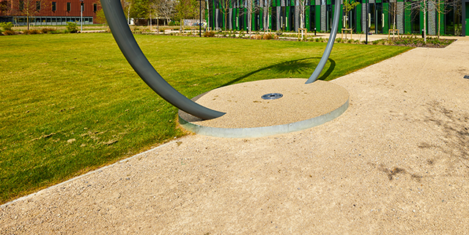March 25, 2024
UK Space Agency announces new headquarters and regional offices
 The UK Space Agency is opening new headquarters in Harwell, Oxfordshire and regional offices in Scotland, Wales and the Midlands as it works to support the space sector across the UK. According to the government, the expansion will enable the Agency to collaborate more closely with the UK’s space sector, while promoting regional skills and job opportunities to deliver ‘increasingly ambitious missions and capabilities’. As set out in the Space Industrial Plan, the government says it is committed to continuing its support for space clusters across the UK and ‘providing the tools needed to drive collaboration between them and catalyse further investment’. (more…)
The UK Space Agency is opening new headquarters in Harwell, Oxfordshire and regional offices in Scotland, Wales and the Midlands as it works to support the space sector across the UK. According to the government, the expansion will enable the Agency to collaborate more closely with the UK’s space sector, while promoting regional skills and job opportunities to deliver ‘increasingly ambitious missions and capabilities’. As set out in the Space Industrial Plan, the government says it is committed to continuing its support for space clusters across the UK and ‘providing the tools needed to drive collaboration between them and catalyse further investment’. (more…)


































February 28, 2024
The hybrid working office: ushering in a new era for the workspace
by Jeni Taylor • Comment, Flexible working, Workplace design